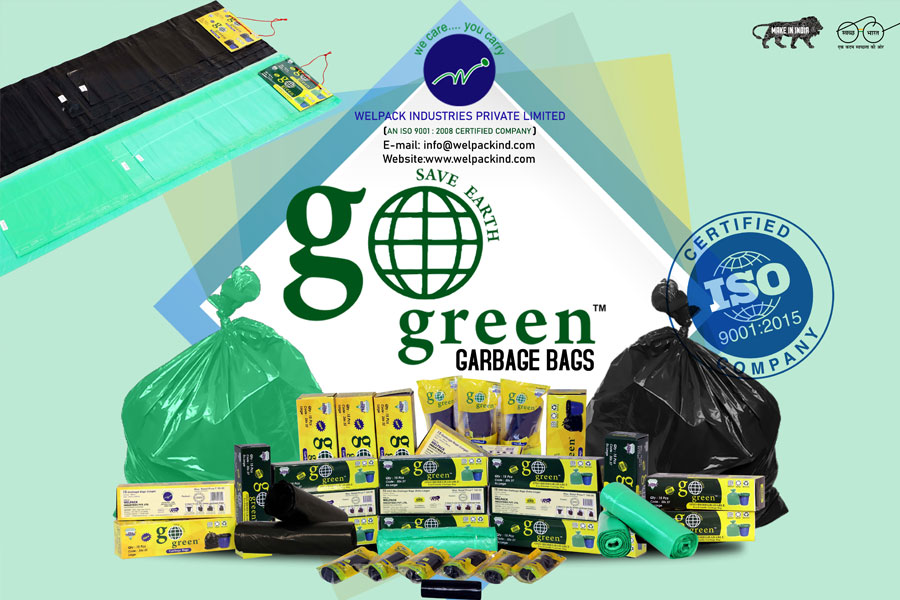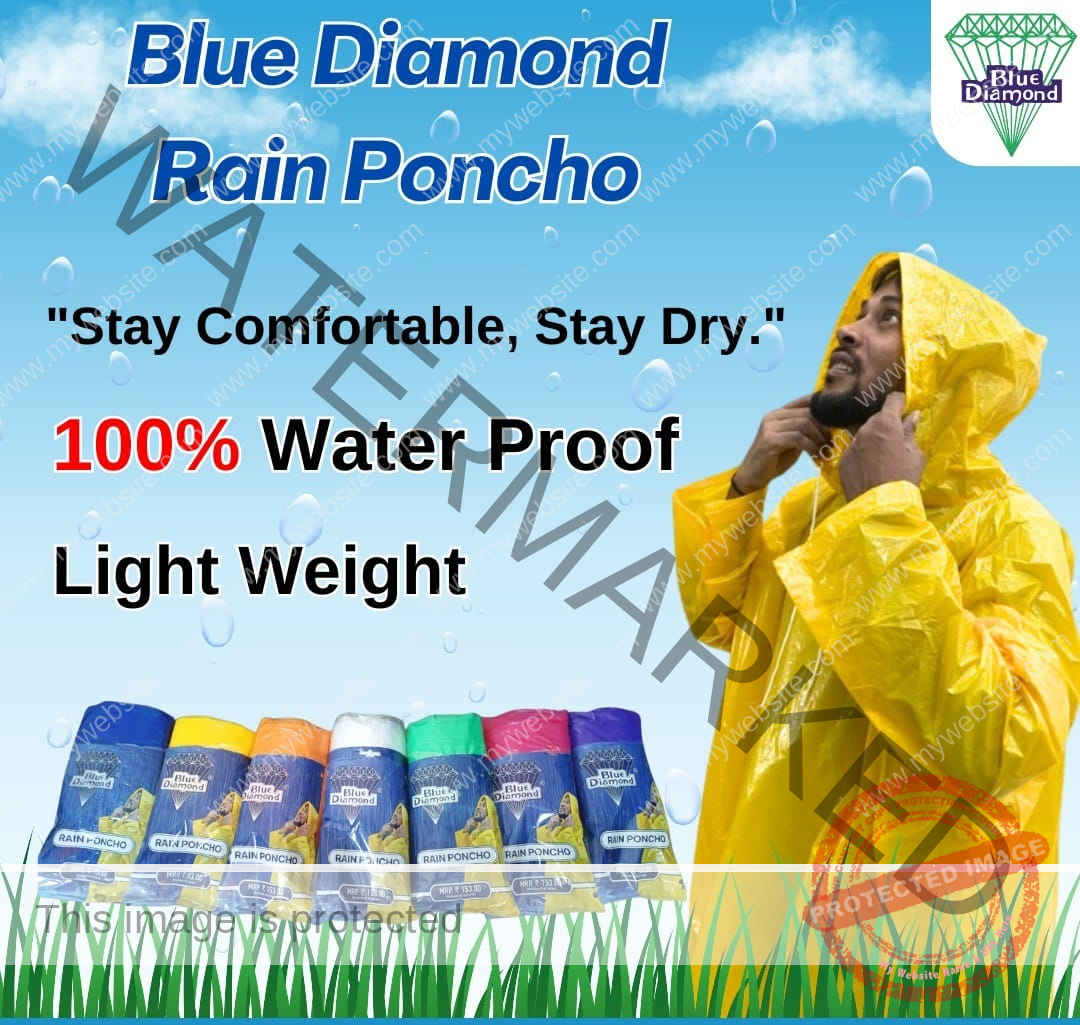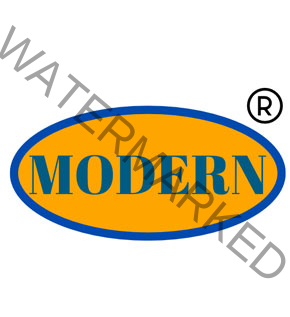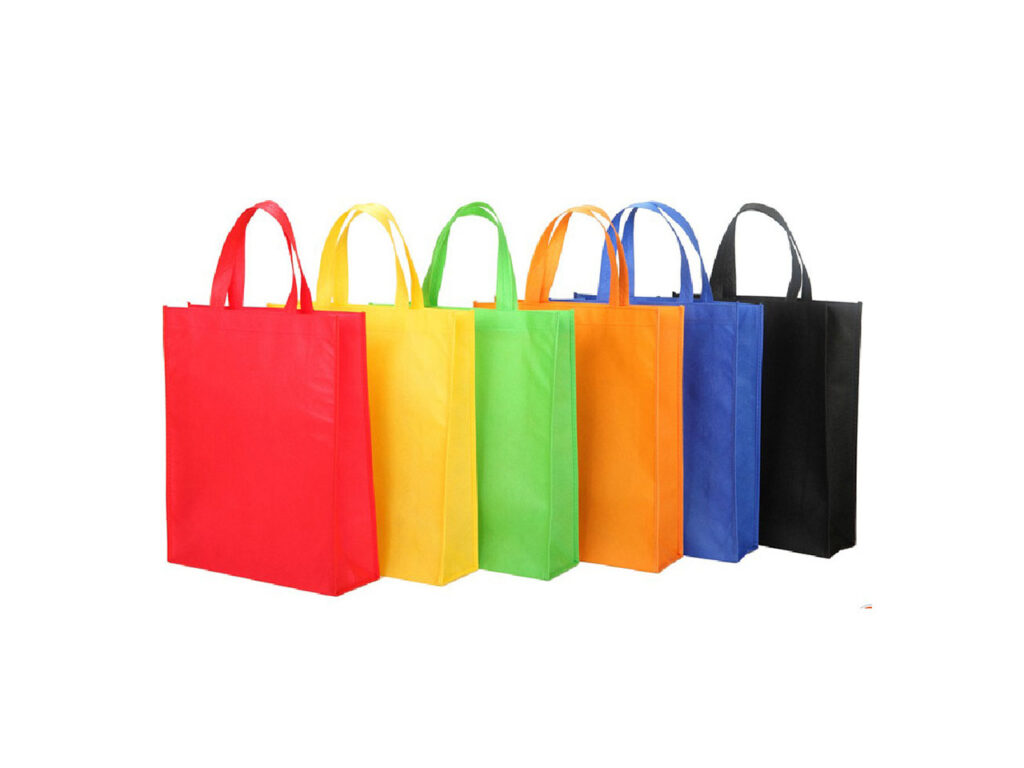In an era where sustainability is paramount, the spotlight shines on non-woven fabric bags. These eco-friendly alternatives have emerged as a beacon of environmental responsibility, offering a durable and versatile option for various purposes. Join us as we delve into the world of non-woven fabric bags, uncovering their composition, benefits, and their significant contribution to a greener tomorrow.
The Essence of Non-Woven Fabric: An Eco-Friendly Alternative
Non-woven fabric, a marvel of eco-conscious innovation, stands as a beacon of sustainability in the realm of materials. Unlike traditional woven fabrics, non-woven fabric is crafted through a process that does not involve weaving individual threads together.
Composed of synthetic or natural fibers, non-woven fabric is created by bonding or interlocking these fibers using mechanical, thermal, or chemical processes. This unique production method results in a material that boasts remarkable strength and durability.
What truly sets non-woven fabric apart, however, is its exceptional eco-friendliness. Unlike some other materials that can take decades to decompose, non-woven fabric is designed to break down relatively quickly. This means it poses significantly less harm to the environment in the event it is not properly disposed of.
Furthermore, the production of non-woven fabric consumes fewer resources compared to traditional woven fabrics. The absence of weaving machinery reduces energy consumption, and the process generates less waste overall. This results in a material that not only offers practical advantages but also aligns harmoniously with environmental conservation efforts.
In embracing non-woven fabric, we are embracing a sustainable alternative that harmonizes with the planet’s needs. Its composition and production process epitomize a conscious effort to reduce our ecological footprint, making it a choice that reflects a commitment to a greener, more sustainable future.
Beyond Convenience: Non-Woven Fabric Bags and Their Environmental Contribution
Non-woven fabric bags are more than just a convenient carryall; they represent a significant stride towards environmental sustainability. These bags are distinguished by their eco-friendly attributes, making them a responsible choice for conscious consumers.
One of the key features that sets non-woven fabric bags apart is their recyclability. Unlike their plastic counterparts, which often end up in landfills or oceans, non-woven fabric bags can be repurposed and recycled. This means they can have a second, third, or even fourth life, contributing to a circular economy and minimizing waste.
Moreover, non-woven fabric bags leave a markedly reduced environmental footprint in their production process. Unlike traditional woven fabrics, which often require substantial energy and water resources, the manufacturing of non-woven fabric is inherently more efficient. The absence of intricate weaving machinery and the streamlined production process translate to lower energy consumption and decreased waste generation.
By opting for non-woven fabric bags, consumers not only enjoy a durable and versatile carrying solution, but they also play a crucial role in lessening the burden on our environment. It’s a small choice that leads to significant collective impact, aligning with the global movement towards a more sustainable future.
Non-Woven Fabric vs. Traditional Plastics
In the ongoing quest for sustainable alternatives, the debate between non-woven fabric bags and traditional plastic bags looms large. A comprehensive environmental analysis reveals stark contrasts in their ecological impacts.
Traditional plastic bags, derived from petroleum-based polymers, have long been a ubiquitous choice for convenience. However, their environmental repercussions are undeniable. These bags have a notorious reputation for their non-biodegradable nature, often persisting in landfills or polluting natural habitats for centuries. Their production process is energy-intensive, further contributing to carbon emissions.
In stark contrast, non-woven fabric bags emerge as a beacon of environmental responsibility. Crafted from easily recyclable materials, they offer a compelling alternative. These bags are designed to break down relatively quickly, posing minimal harm to the environment if not properly disposed of. Moreover, their production process consumes fewer resources compared to traditional plastics, contributing to a lower overall environmental footprint.
When considering the ecological advantages, it’s evident that non-woven fabric bags stand as a commendable choice in the pursuit of sustainability. Their ability to mitigate the long-lasting impact associated with plastic bags is a testament to their potential to usher in positive change.
Your Trusted Partner: Welpack Industries Pvt. Ltd.’s Commitment to Quality Non-Woven Fabric Bags
At Welpack Industries Pvt. Ltd., we take pride in being your reliable companion in the realm of sustainable solutions. Our unwavering dedication is centered around the production of top-tier non-woven fabric bags. With years of expertise and a reputation for excellence, we stand as pioneers in the field, ensuring that every bag bearing our name is synonymous with durability, versatility, and environmental responsibility. Contact Us Today!








